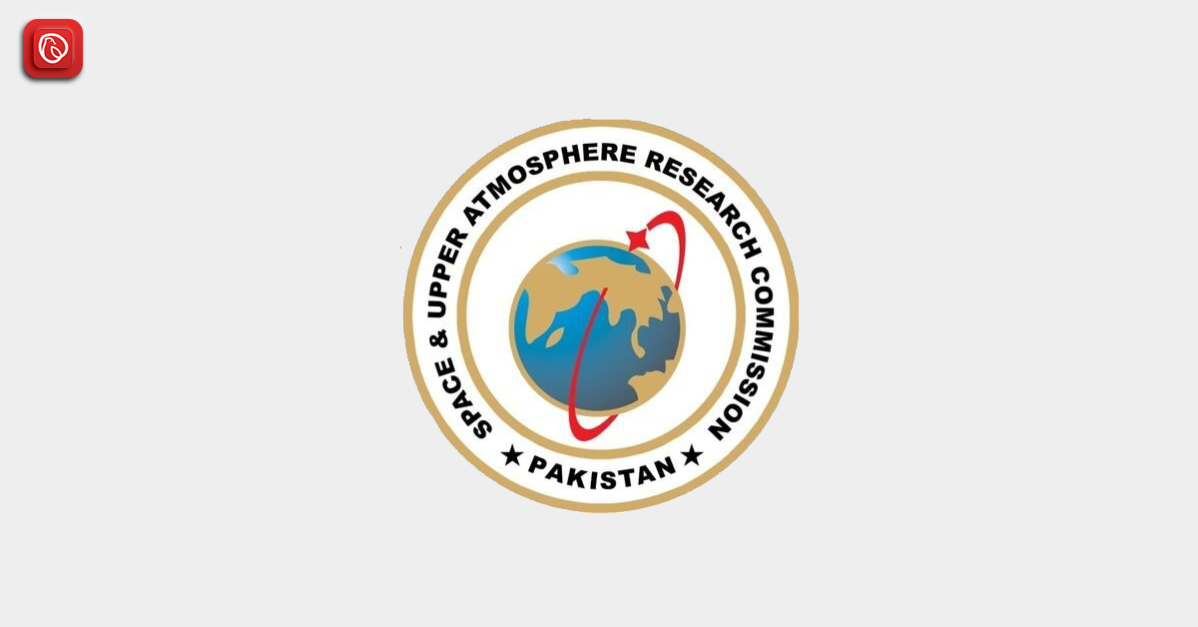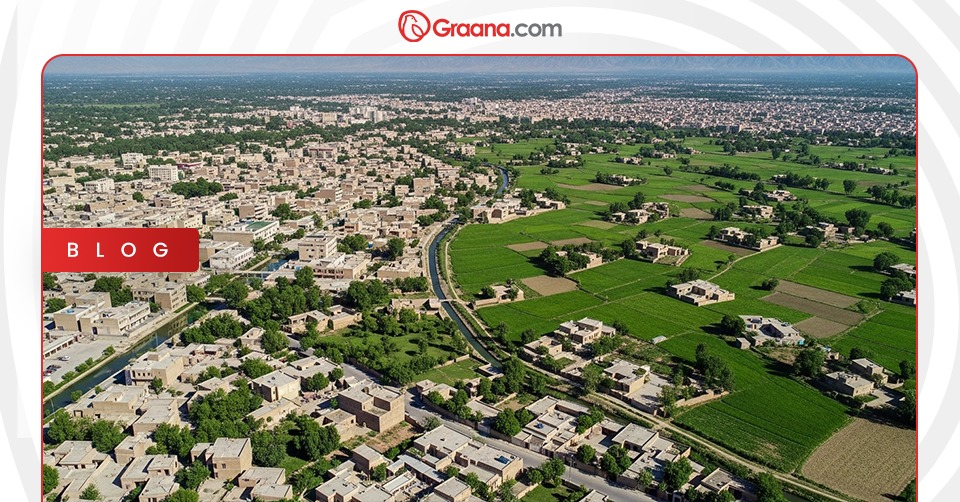SUPARCO, standing for Space and Upper Atmosphere Research Commission, is Pakistan’s premier space organisation. It plays a critical role in a world where space exploration is not only an unrealistic goal but a necessity for national progress. SUPARCO is tasked with using space science and technology for peaceful purposes and socioeconomic growth.
Its headquarters are in Islamabad, and it has a network of technological centres distributed around the country. Its skills in satellite manufacture, space sciences, and technology applications are cutting-edge. This agency is at the vanguard of Pakistan’s space efforts, and Graana.com will look at its importance in space science as well as its dedication to international cooperation for the welfare of humanity.
Major Programs of SUPARCO
Following are the major programs of SUPARCO:
- Satellite Programs
- Satellite Navigation
- Research Programs
- Space Technology Applications
Space Technology Applications
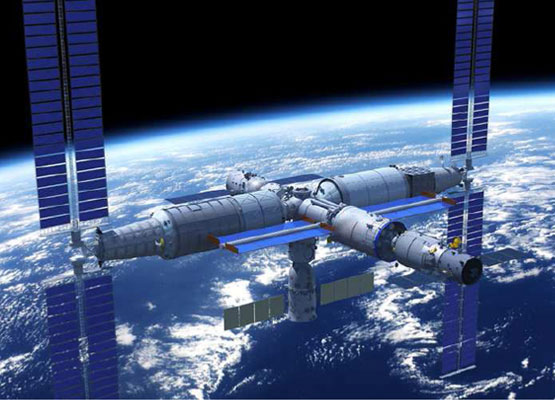
Following are the application of SUPARCO:
- Earth Observation
- GIS & RS Applications
- Space Science
- Environmental and Earth Sciences
- Aerial Remote Sensing
- Satellite Programs
Earth Observation
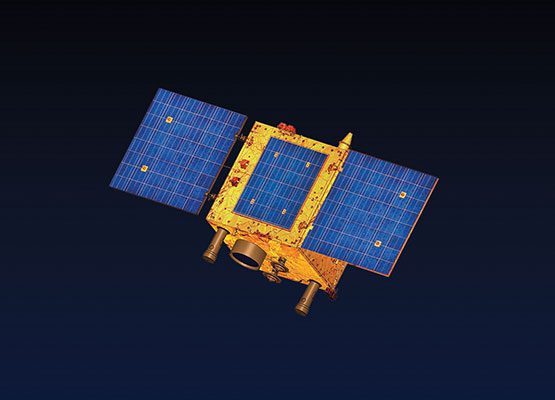
SUPARCO has achieved remarkable success in the realm of Earth observation through its Pakistan Remote Sensing Satellite (PRSS-1) and Pakistan Technology Evaluation Satellite (PakTES-1A). These satellites, launched together in July 2018, are now fully operational, meeting the immediate remote sensing (RS) needs of Pakistan. Notably, the imaging services provided by PRSS-1 extend beyond national borders, contributing to global forums.
The agency maintains satellite ground stations in Islamabad and Karachi, each equipped to acquire satellite imagery from various European satellites. This grants SUPARCO exceptional acquisition capabilities, frequent revisit capacity, and high-resolution imagery. Over the past 25 years, the organisation has amassed an extensive archive of satellite scenes at different spatial resolutions, continually updating this valuable resource.
Some of the sensors and systems include:
- SPOT-6
- Pleiades
GIS & RS Applications

SUPARCO is a pioneer in introducing Remote Sensing and Geographic Information System (GIS) technologies in Pakistan. The agency offers turnkey solutions and services to diverse fields, such as agriculture, forestry, disaster management, water resources, environment, urban planning, cryosphere modelling, coastal and marine applications, geology, and mineral prospecting. Their expertise extends to aerial remote sensing services.
Space Science
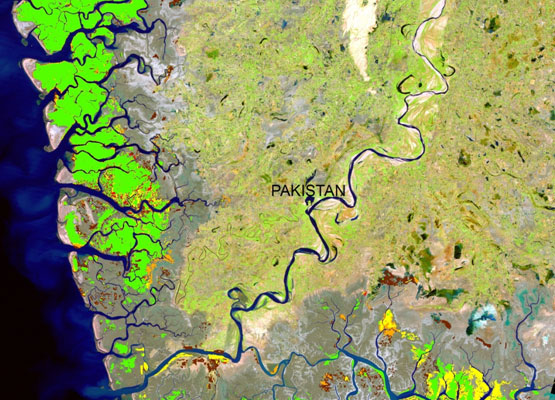
SUPARCO boasts a dedicated radio and optical astronomy data processing laboratory, in addition to operating several telescopes for observing celestial and man-made objects in space. The agency actively monitors Space Weather, using instruments distributed throughout the country and a central processing facility in Karachi.
They have even developed a web portal that provides near-real-time updates on Solar, Geomagnetic, and Ionospheric Variations. SUPARCO also issues alerts and warnings for adverse Space Weather conditions, particularly those affecting high-frequency (HF) propagation.
Environmental and Earth Sciences
In addressing climate change and environmental degradation, SUPARCO combines ground-based observations and satellite data for environmental indicators across various domains: Atmosphere, Biosphere, Cryosphere, and Hydrosphere. The agency has dedicated centres and facilities, including Environmental Laboratories, Environmental Mobile Laboratories, a Mathematical Modeling Center, and a Microgravity Experiments Facility.
Aerial Remote Sensing
SUPARCO specialises in producing geo-referenced and ortho-rectified imagery and aerial data products, encompassing 2D image ortho-mosaics, 3D models, topographic models, linear, area, and volumetric measurements, as well as point clouds. They have developed Mission Planning and Processing Software Modules that provide end-to-end solutions to meet various value addition requirements.
Satellite Programs
The realm of satellite development is a highly intricate field, demanding cutting-edge facilities and a skilled workforce with specialised technological expertise. Pakistan has made remarkable strides in this domain, establishing itself as a well-established spacefaring nation through the successful development, launch, and in-orbit operations of various satellites.
The journey began with the launch of two experimental satellites, Badr-1 and Badr-B, marking Pakistan’s initial venture into space. Since then, Pakistan has expanded its satellite portfolio to include earth observation, remote sensing, and communication satellites.
This impressive fleet has made Pakistan self-reliant in communication and high-resolution imaging, offering a diverse array of services to the nation while contributing valuable scientific data to the global scientific community.
Notable Satellites in Pakistan’s Fleet:
- PakSAT-1R: This satellite plays a pivotal role in enhancing communication and connectivity.
- PakSAT-MM1: A significant addition to Pakistan’s satellite program, contributing to various communication services.
- PakSAT-MM1R: Building on the success of PakSAT-MM1, this satellite further strengthens Pakistan’s satellite capabilities.
- PAKISTAN TECHNOLOGY EVALUATION SATELLITE (PakTES-1A): An essential component of Pakistan’s remote sensing and technology evaluation efforts.
- PAKISTAN REMOTE SENSING SATELLITE (PRSS-1): A flagship satellite in the field of remote sensing, aiding in earth observation.
- PAKISTAN REMOTE SENSING SATELLITE (PRSC-EOS): Expanding Pakistan’s capabilities in remote sensing and earth observation, contributing to scientific endeavours on a global scale.
Pakistan’s satellite program continues to evolve, with plans for the design, development, and launch of advanced communication and navigation satellites, further solidifying the nation’s position in space technology and utilisation.
Satellite Navigation
SUPARCO has been at the forefront of Satellite Navigation, a field encompassing the design and development of infrastructure for Space, Ground, and User Segments, as well as related satellite navigation products, services, and their applications for the socio-economic advancement of the country.
The agency has also been actively engaged in advanced research and development, creating satellite navigation equipment and software tools, and developing comprehensive end-to-end solutions. In addition, SUPARCO supports technology incubation and offers policy and regulatory support to meet the national requirements in this domain.
Augmentation Services
SUPARCO has taken significant strides in augmenting satellite navigation services. They have established a Ground-Based Augmentation System (GBAS) on a Proof of Concept (PoC) basis, providing satellite navigation correction signals to authorised users. Additionally, the agency has initiated the deployment of a Space-Based Augmentation System (SBAS) to meet the integrity-based correction signal requirements of aviation, marine, and land users.
Signal Monitoring and Analysis
The Satellite Navigation Signal Monitoring facility serves a crucial role in monitoring, archiving, and analysing signals from monitoring stations strategically positioned across Pakistan. This centre actively collaborates with national and international bodies involved in satellite navigation systems.
Moreover, this facility generates valuable research-based products for peaceful utilisation, including Integrity Alerts, Quality Check Reports, Ionosphere Delay Monitoring, and the archiving of Satellite Navigation Data. These contributions play a pivotal role in enhancing the reliability and effectiveness of satellite navigation services, benefiting a wide range of users and industries.
Research Programs
Following are the research programs by SUPARCO:
Space Experimentation
The realm of space provides a unique environment for groundbreaking research that holds the promise of yielding new products and technologies with immense scientific, technological, and commercial benefits for humanity. Notably, space research shows great potential in sectors like biomedicine, material science, combustion science, physical sciences, and drug development.
Space Station Research Experiments
SUPARCO is facilitating space research through opportunities to conduct experiments on space stations, utilising onboard and outboard facilities. These experiments predominantly fall within the domains of Space Science and Technology.
Research institutions, academia, and the private sector have all been invited to submit proposals for conducting experiments aimed at technology evaluation. In addition to this, SUPARCO is actively involved in promoting space education, conducting workshops, seminars, lectures, and utilising electronic and social media platforms to inspire and educate the public about the wonders of space.
Space Science and Astronomy
In its commitment to advancing space science, SUPARCO collaborates closely with educational institutions. A recent milestone in this endeavour has been the establishment of an astronomical observatory at the Institute of Space Science and Technology (ISST), located within the University of Karachi, Karachi.
This observatory is equipped with a state-of-the-art 16-inch telescope, which plays a vital role in astronomical research, including studies in astronomy, cosmology, and planetary astrophysics. Furthermore, the observatory is instrumental in live streaming celestial observations, such as eclipses and conjunctions, on official online platforms, aiming to generate interest and awareness among students and the general public alike.
Microgravity Experiments
Microgravity is a crucial area of space science research due to its profound impact not only on humans but also on everything within low Earth orbit. Research in microgravity holds the potential to revolutionise aspects of space missions, including growing plants as a source of food and oxygen for astronauts during long-term missions and potential colonisation of other planets like Mars.
Additionally, exploiting the absence of gravity aids scientists in diverse fields, including life sciences, medicine, biotechnology, engineering, materials, fuel, and combustion.
SUPARCO is actively engaged in research related to plant growth in a microgravity environment, utilising locally developed clinostats. The agency also promotes collaborative research in microgravity applications with academia, fostering groundbreaking research in this field with the aim of improving the socio-economic status of the country.
Major Products And Services of SUPARCO
- Remote Sensing Data Products
- Agriculture
- Forestry
- Disaster Management
- Water Resources
- Environment
- Urban Planning and Management
- Cryosphere Modeling
- Coastal and Marine Resources
- Geology & Mineral Prospection
- Geographic Information System (GIS)
- Aerial Remote Sensing Services
- Pakistan Space Weather Centre
- COSPAS-SARSAT
- Microwave Products
- Information & Communication Technology
- Clinostat
In conclusion, SUPARCO, the Pakistan Space and Upper Atmosphere Research Commission, stands as a beacon of innovation and progress in the realm of space science and technology. With a steadfast commitment to advancing the nation’s capabilities in space exploration, Earth observation, and satellite technology, SUPARCO has significantly contributed to Pakistan’s self-reliance in communication, high-resolution imaging, and various fields of scientific research.
This was all about SUPARCO. For more information visit Graana.com.
